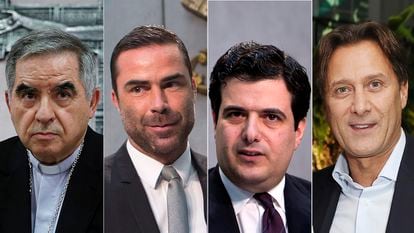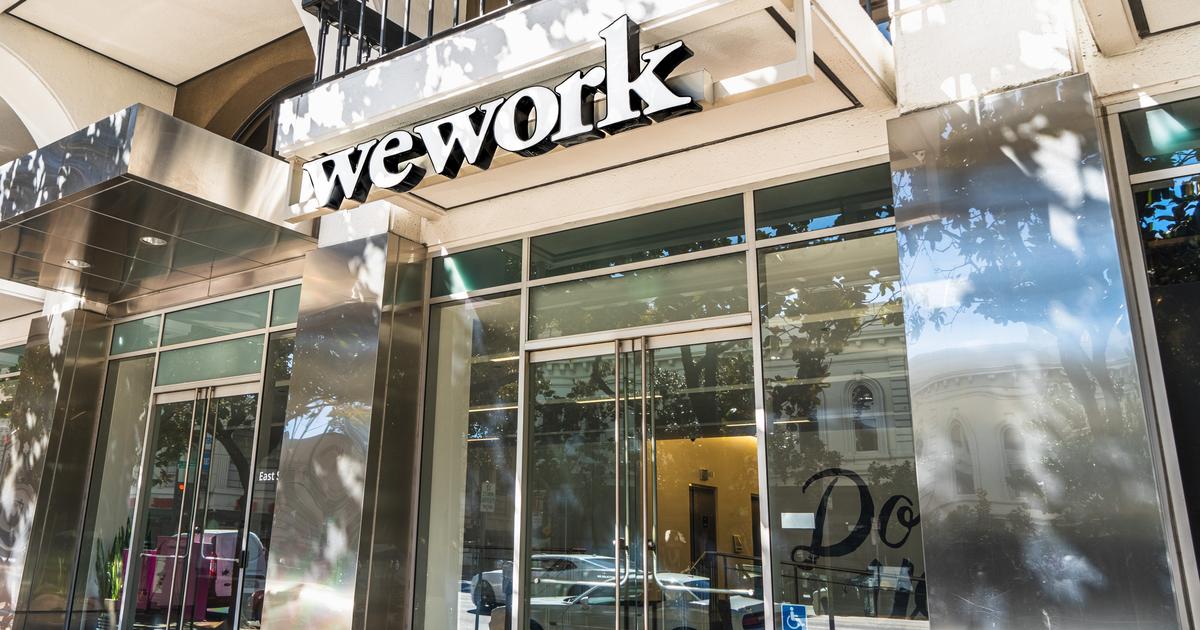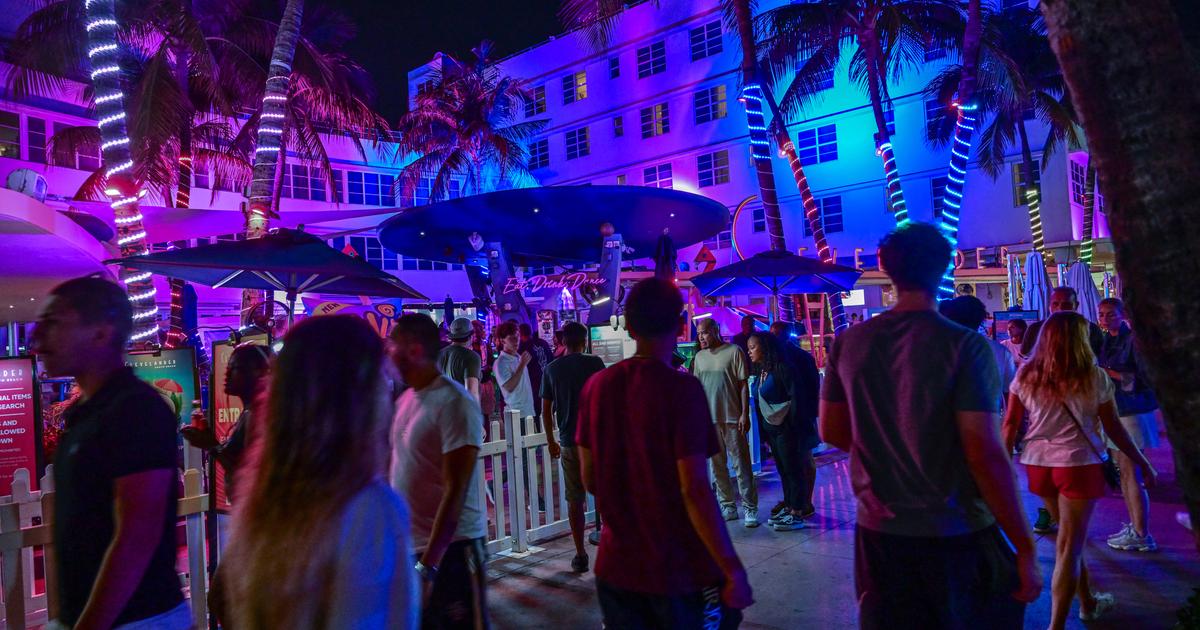Cardinal Giovanni Angelo Becciu, in a photo from June 2018.ANDREAS SOLARO / AFP
The Vatican will sit on the bench this Tuesday a part of the economic and financial excesses of the last ten years. The court presided over by former anti-mafia judge Giuseppe Pignatone will judge a group of ten defendants, including, for the first time, a cardinal. Giovanni Angelo Becciu, who was number two in the powerful Vatican Secretariat of State, is the most important defendant in a historic process that will try to purge responsibilities in a "rotten and predatory system", according to the prosecutor responsible for the investigation, through the that charitable funds were used for opaque investments, such as the 2015 purchase of a luxurious 17,000-square-meter building in the posh London Borough of Chelsea.The Vatican Prosecutor's Office headed by Gian Piero Milano considers that the alleged plot carried out a parallel management of the Vatican's finances for a decade and attributes the crimes of fraud, money laundering, embezzlement and corruption to the accused. It happens just at the moment in which the Holy See tries to show transparency by making public part of its accounts and the hole of 273 million euros that has accumulated since 2016. The case also allows deciphering some of the great power struggles in Rome in the last times.It happens just at the moment in which the Holy See tries to show transparency by making public part of its accounts and the hole of 273 million euros that has accumulated since 2016. The case also allows deciphering some of the great power struggles in Rome in the last times.It happens just at the moment in which the Holy See tries to show transparency by making public part of its accounts and the hole of 273 million euros that has accumulated since 2016. The case also allows deciphering some of the great power struggles in Rome in the last times.
Anyone who wants to make a career in the Vatican seeks to be close to the Pope. But most also know that it is convenient not to be too much so as not to end up burning. Sardinian Angelo Becciu (73 years old), substitute for the Secretary of State in the times of Ratzinger and Francis, perhaps the best and most astute plumber that the Holy See has had in decades, was for years one of Francis's most trusted men . "The only one who said things to his face when he did not agree," recalls a person who knows him well. Becciu was the high-ranking guy who knew everything about just about everyone, but who hardly anyone knew anything about, the investigation of the case now holds. It is difficult to accept, however, that no one was aware of the Secretary of State, starting with its head, Pietro Parolin,of everything that is now being accused.
More information
The Pope encircles the traditionalists of the Church
The cardinal dismissed by the Pope: "I do not know if I am the object of a 'vendetta', but I am innocent"
On September 24, when he was resting in his apartment in the palace of the old Holy Office, Becciu received a call from the Pope to summon him urgently.
He ran out, walked the 400 meters that separated him from the convent of Santa Marta, the residence of the Pope, and listened with surprise how Francis asked him for explanations about some alleged cases of corruption and favorable treatment of relatives, ordering and paying jobs for different nunciatures .
Sparks flew.
The Pope was not convinced of his answer and without further reflection asked him to renounce his cardinal rights - something has only happened three times in 120 years and that, de facto, makes him a simple priest dressed in red - and the ownership of his dicastery.
Giovanni Angelo Becciu, René Brülhart, Tommaso di Ruzza, Raffaele MincioneREUTERS / GETTY
The communication department of the Holy See did not give a single explanation and waited for the ravens, with the traditional Vatican leaks, to devour the prelate.
Then some aspects of a case began to be known that will mark for better or for worse the reputation of the courts of the Holy See and their ability to keep the backyard of the house in order.
Join EL PAÍS now to follow all the news and read without limits
Subscribe here
The central cause of the trial that begins this Tuesday - due to its size will have to be held in a large room in the Vatican Museums - is the sale of the property in London, which Becciu authorized, cost around 300 million euros and was carried out through a series of intermediaries who charged millionaire commissions and who reserved the power to block future movements despite the fact that they had provided practically no capital. The operation was carried out with the funds from the Óbolo de San Pedro, theoretically destined to pay for the charity works of the Holy See. It was not the first time. And Becciu authorized it.
The cardinal dealt with the most delicate matters of the Secretary of State from 2013 to 2018 and dealt with the biggest scandals of the 20th century, such as the cases known as Vatileaks or the historic resignation of Benedict XVI. His power was almost unlimited, he had access to all Vatican secrets and appeared until last September in all pools as papable in the next conclave. The Italian sector has long claimed the return of one of its own to the chair of Pedro. And Becciu fit. For this reason, the shadow of the traditional power plays of the Holy See also weighs on this trial, which already liquidated in this pontificate the presidents of the Vatican Bank, auditors and even a powerful finance minister (George Pell, accused and later acquitted). in Australia for crimes of pedophilia).
A lengthy investigation that began two years ago, including some 29,000 pages, made it possible to determine that the activity of the accused allegedly entailed "considerable financial losses [between 73 and 166 million]", according to Nunzio Gallantino, president of APSA, the organization that manages the buildings of the Vatican. In addition, the indictment points out, the defendants also used the resources allocated to the Pope's personal charity for their alleged crimes. The investigation of the case has gone through the United Arab Emirates, United Kingdom, Jersey, Luxembourg, Slovenia or Switzerland.
The trial bench is made up of ecclesiastical and lay personnel from the Secretariat of State, the Vatican's engine room, such as Mauro Carliono, Becciu's secretary, also accused of espionage, or the historic Vatican banker Enrico Crasso. But also by figures of the then Financial Information Authority and external figures, active in the world of finance.
The poster is completed by a mysterious 49-year-old woman, Cecilia Marogna, an alleged expert in international relations, to whom Becciu allegedly transferred up to 600,000 euros in funds reserved to carry out secret diplomatic missions and protect nunciatures in risk areas. But part of that money was spent on luxury items such as Prada handbags or a 12,000-euro armchair, according to her own admission. Marogna - of Sardinian origin, like the cardinal - never hid it: "Perhaps the bag was for the wife of a Nigerian friend who could speak to the president of Burkina Faso." That money was part of her fees and she spent it as she wanted, she defended: "I am not a missionary, I do not work for free." Almost none of those involved did.
The London operation allowed the entry of a series of commission agents, such as Raffaele Mincione, owner of a Luxembourg investment fund, who took advantage of the traditional financial illiteracy of Vatican employees. Once the disaster was discovered and to get rid of Mincione, Gianluigi Torzi, a broker who negotiated the departure of his predecessor, was chosen as the new intermediary, indemnifying him with 40 million pounds sterling (46.8 million euros) and modifying the financial agreement for the Vatican to finally become the sole owner of the building. But Torzi, who was hired by Becciu's successor (the Venezuelan Edgar Peña Parra),took control of Vatican property (through voting shares) and then allegedly extorted from the Secretary of State to obtain 15 million euros for his departure, according to the text of the criminal court indictment.
The icing on the cake is that the funds used for the cause under trial came from the Obolus de San Pedro, the instrument that channels donations from all the churches in the world to the Holy See and which, theoretically, are destined to charity. It is collected every June 29 (about 600 million euros). They were managed from the Secretary of State - the Pope has already deprived this department of these functions - and many, like Becciu himself, defend that they should be invested in other activities so that their value does not diminish. In reality, only 10% of that money is used for charity, the rest is used to defray the expenses of the Roman Curia, nunciatures, communication and even ecclesiastical courts. However, this time, they ended up buried under the bricks of a building in London and in the hands of commission agents,spies and mutual funds.


/cloudfront-eu-central-1.images.arcpublishing.com/prisa/R66XFYGOTPFYEZZYEZ5VPMQ3WM.jpg)


/cloudfront-eu-central-1.images.arcpublishing.com/prisa/5L64CXT2UUXH5LSF3WP6EFCMTA.jpg)









